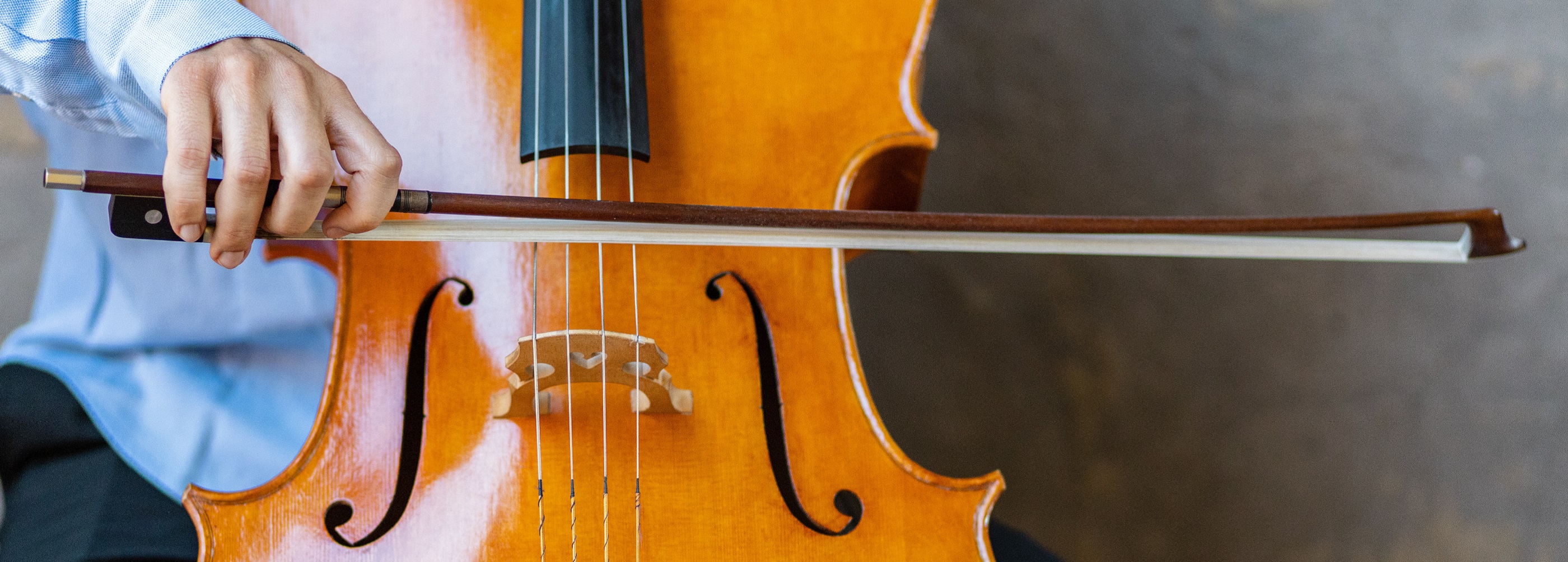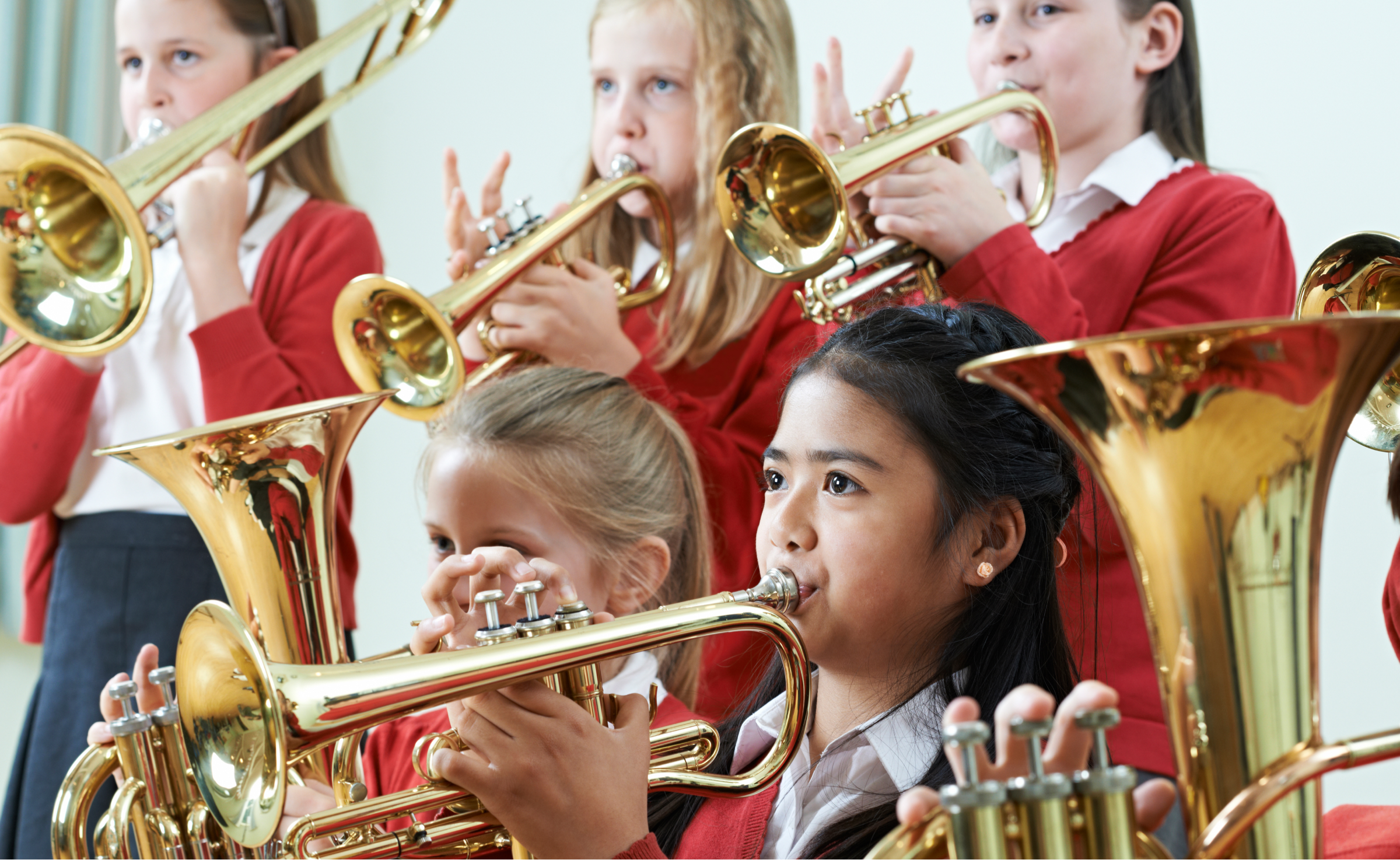
Beyond pieces: highlighting the importance of Technical Work, Supporting Tests and the Overall Performance criteria
BY: Natalie Christopher
07 June 2023
All Trinity exams - from music to drama to English language - are based around real-life skills. For music, this means that we look at real-life performance skills; a core part of what defines our approach. We reflect this in our mark scheme by allocating 66% of the marks to the pieces that are played, whether in a digital or face-to-face exam. The remaining marks are taken from the learning of wider musical disciplines that will further enhance overall musicianship. In this blog, we take a look at the Technical Work, Supporting Tests and Overall Performance criteria, and the role they play in supporting musical development.
No graded exam syllabus starts with a test. They all start with learning outcomes: the skills a musician will develop as they prepare for their exam. The exam itself, and the sections within it, are there to enable these skills to be demonstrated to the best of their ability, whether explicitly or implicitly. Keeping this context in mind helps to highlight that the exam is not the end goal here - it is simply a milestone on a musical journey. The aim is to be able to develop the skills embedded within it to a proficiency that enhances playing and performance.
Technical work
The time dedicated to learning scales and arpeggios can sometimes feel disproportionate, especially if they are found to be challenging, or in the context of a face-to-face exam where the examiner will only ask for the a proportion of those prepared to be played. However, practising and refining the playing of scalic passages develops technique, strength and agility, meta-cognitive skills, coordination, and tone, all of which are transferable skills which feed into the performance of pieces.
The Technical Work requirements listed are bespoke to the instrument being played. For example, brass players start with a lip flexibility exercise, designed to promote healthy warm-up technique and encourage the development of systematic breathing, smooth, well-supported slurs, and a focused, even tone.
Similarly, bowed string players start with a bowing exercise, designed to develop coordination through integrating a musical and rhythmic idea - such as bow distribution and varieties of bow speed - and encourage the development of a focused, even tone.
Technical exercises, studies and orchestral/brass band extracts place these skills in real-life performance contexts. These highlight that the playing of scales, arpeggios, and other instrumental techniques does not stand in isolation, but that they are woven into repertoire and the practise of them is integral to a musician's development.
Supporting tests
Our Supporting Tests are designed to develop skills that have broader practical applications. For example, being able to read music at sight proficiently is especially useful if playing in ensembles; improvisation can be used both as a compositional tool and when playing in groups; and developing musical knowledge and aural perception skills encourages candidates to bridge the gaps between what they are learning to play, what they can hear, and the notation on the page, cultivating a holistic approach the music. Developing these skills allows learners to play with confidence and enjoyment in any musical environment.
Overall performance
For digital exams, the Overall Performance criteria are designed to assess skills needed in a digital performance context. Delivering a focused presentation, with good management of materials, performance space and musical pacing, is required, as well as the ability to offer a personal musical voice and move confidently from one style to another. These are skills that most musicians playing on digital platforms regularly exhibit in order to present a polished performance. Even if not taking a digital exam, practising the requirements of this criteria can be valuable in developing the fundamentals of stagecraft, particularly for those wishing to progress to our Performance Diplomas.
Looking for further support teaching any of these skills? Why not check out the Music Resources section of our website or our previous blogs on Overall Performance.
Photo by Maria Cappelli on Unsplash
Related posts
BY: Guy Bunce
BY: Natalie Christopher
BY: James Gower




Comments & Replies